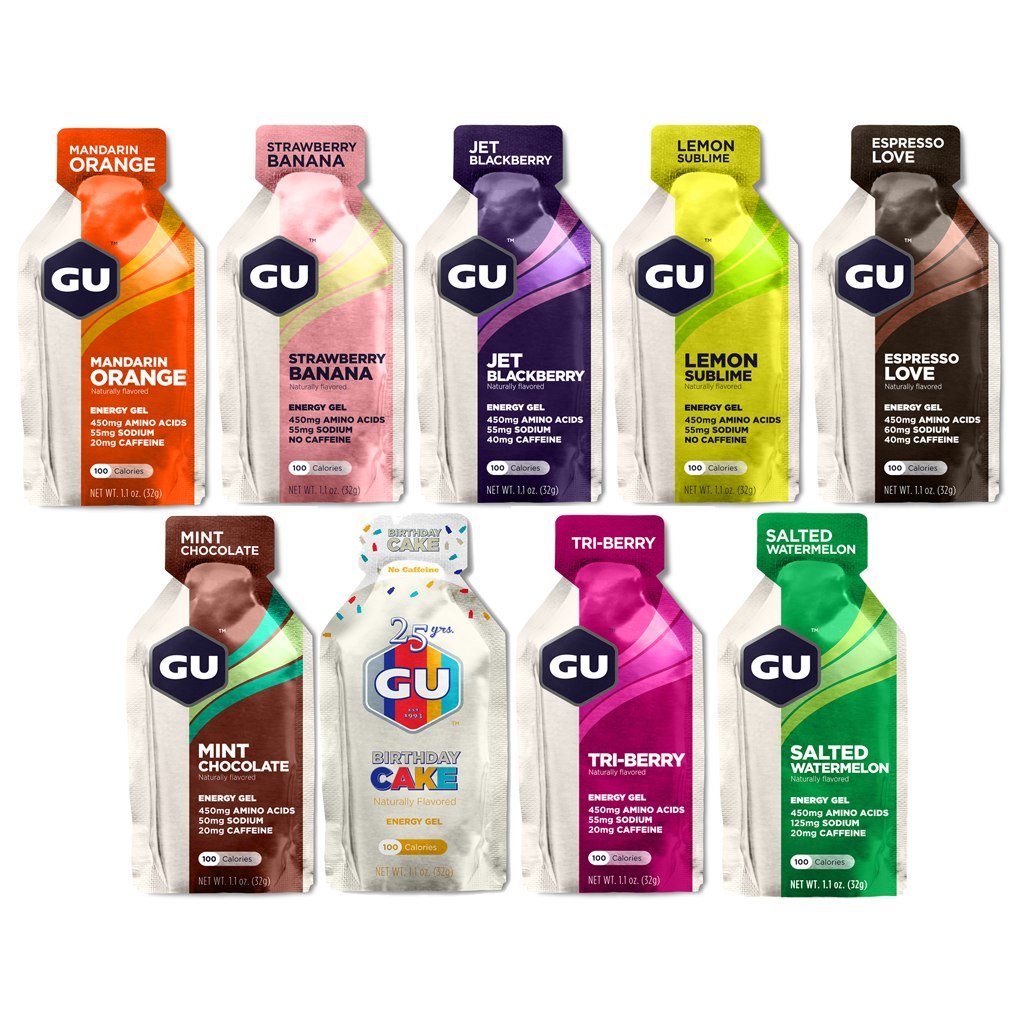In part 1 of this article, I shared about the importance of carbohydrates for triathletes in training and racing. I mentioned the three macronutrients (protein, fat, carbohydrates) and the roles of each in supporting your activities. I specifically highlighted the role of carbohydrate consumption to help you avoid the bonk during training and racing. In this second part of the article, I will be highlighting why you need carbohydrates in your day-to-day nutrition.
Now here’s the disclaimer. I am a coach, not a registered dietician and I don’t play one on TV or social media. However, as an athlete and coach with Playtri I have seen the impact of these principles in my training and racing and in my athletes. (We do not make recommendations without backing it up with science and over 20 years of experience.) And as a Playtri coach I do make general nutritional recommendations to my Gold Level athletes who have done the performance testing that allows for these recommendations. So while I believe that the information I am going to share with you is useful and beneficial to 99% of endurance athletes, I also know that every athlete is different. I even work with some athletes who, because of underlying medical conditions, limit their carbohydrate intake in their daily diet. If, after reading this two part article, you have questions about nutrition, I am happy to talk and refer you to a registered dietitian for further questions.
Let’s start at the beginning: What is a carbohydrate? A carbohydrate is a sugar molecule. Carbs are found in foods and drinks and your body breaks down carbohydrates into glucose, which is a fast acting source of energy for your body. Glucose can be used immediately or stored in your liver and muscles for later use.
There are three main types of carbohydrates: fiber, starches, and sugars. Fiber is a complex carbohydrate, most of which our bodies cannot break down. Diets high in fiber help prevent gastrointestinal issues like constipation and make you feel more full. Fiber is found in foods like fruits, vegetables, nuts, seeds, beans, and whole grains. Although we want to include fiber in our diet on a daily basis, we want to avoid high amounts of fiber before key training sessions and the 2-3 days before a race.
Starches are also complex carbohydrates made of lots of simple carbohydrates strung together. Your body breaks down starches into sugars and uses them for energy. Starches include, bread, cereals, and pastas. Starches are also found in vegetables like potatoes, peas, and corn. Starches take longer to metabolize than simple sugars.
Sugars are simple carbohydrates because they are the most basic form. There are naturally occurring sugars in foods like fruits, vegetables, and milk. And there are added sugars found in foods like soda, candy, desserts, processed foods, and sports nutrition items (think gels). It’s a good idea to limit ingestion of simple sugars except before, during, and after training and racing.
Here are a few of the day-to-day benefits of carbohydrates, especially starches and fibers.
Carbohydrates, with fat, provide fuel for the daily functions of your cells, tissues, and organs.
Carbohydrates, with protein, play a big role in muscle development and recovery.
High quality, nutrient rich, fibrous carbs support the microbiome in your digestive tract, where 70-80% of your immune system is located. Simple sugars can inhibit the microbiome and your immune system.
Carbs are the main energy source for your nervous system.
If you are serious about maintaining good health and fueling your endurance sport, then it is a good idea to include fiber and starches in your daily diet and save the sugars for training, racing, and the occasional treat. During heavy training periods, you need to increase your food consumption, especially carbohydrates, and you want to shoot for approximately 60% of your diet to be from carbs, 20% from protein, and 20% from healthy fats. And if you are in a low training period, you need to decrease your intake and you want to aim for 50% carbs, 25% proteins, and 25% healthy fats. If you are looking to improve your fat efficiency, change body composition, or have an underlying health condition, then it is can be beneficial to slightly decrease your carbohydrate intake during the offseason, far away from your key races for the year. Heavy training requires an increase in carbohydrate intake, not a decrease.
If you have questions about anything in part 1 or part 2 of this article, please reach out to me at jim.rowe@playtri.com. And if needed, I can recommend a registered dietitian whom my athletes and I have worked with in the past. Happy training and racing this year!
Jim Rowe is a Playtri Level 4 Coach and Coach Education Lead, a USAT LI Certified Coach, and NASM Certified Personal Trainer who works with adult athletes of all abilities from beginners to IRONMAN World Championship qualifiers. Learn more about Jim at www.playtri.com/jim-rowe.

